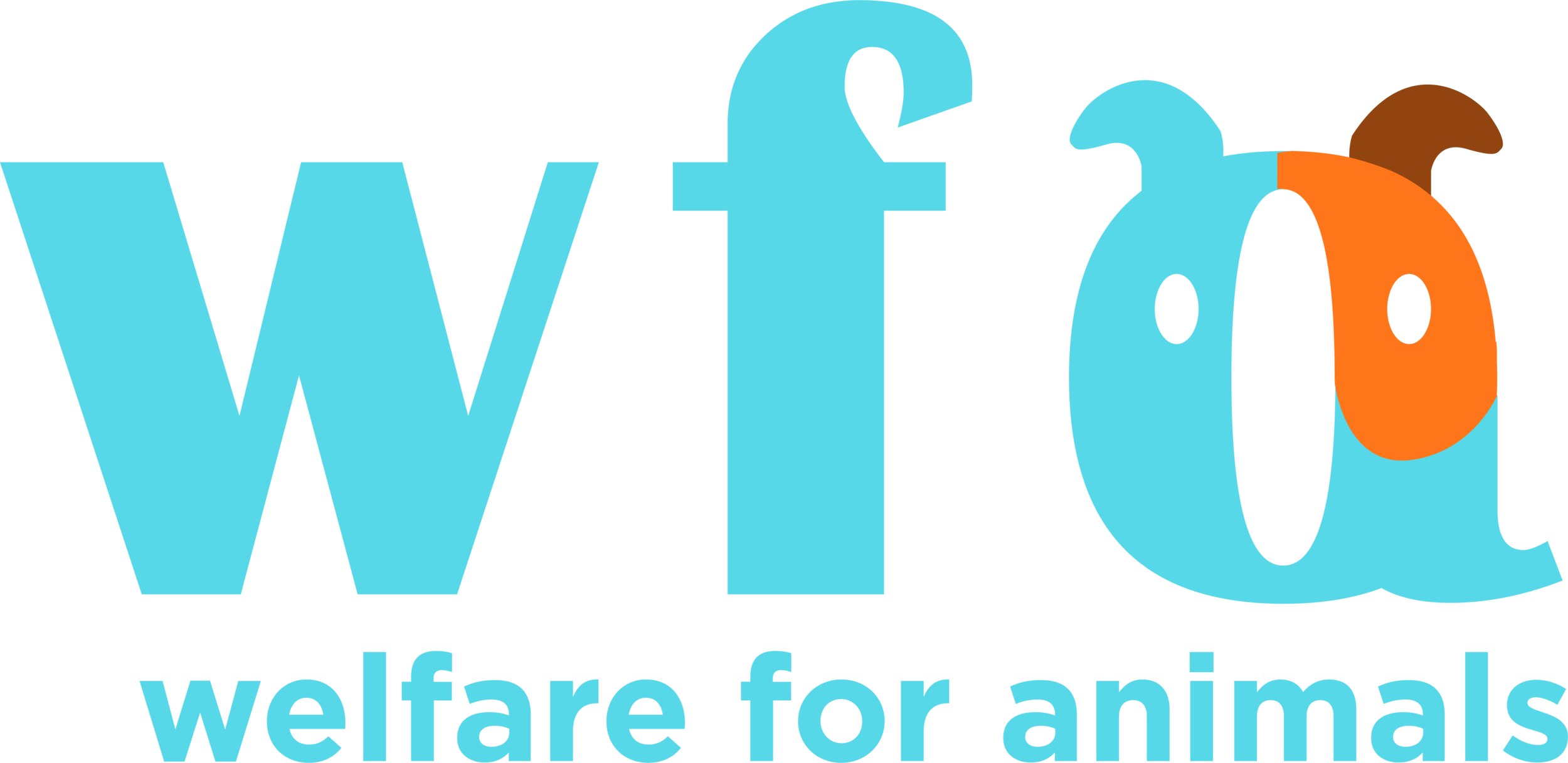Women, Marginalized Communities, Pets- and the Housing Crisis
Following up our previous blog introducing the housing crisis across Alberta and Canada, this blog will focus on the links between women, marginalized communities, pets, and the housing crisis.
According to the Canadian Veterinary Medical Association (CVMA), there are 8.5 million cats and 7.9 million dogs in Canada. For these millions of pets, they are most likely owned by women and younger Canadians. Two-thirds of Canadians under the age of 55 have a pet, women are 61% more likely than men to have a pet, and the perception that pets are family members is more common among women than men.
Caption 1: Angus Reid Institute 2022 study on pet owners- to read it click here.
Women, marginalized communities, Pets & The Housing Crisis
Faced with the housing crisis, skyrocketing inflation, food prices, and pet care costs, many people, especially women and vulnerable communities, are barely able to make ends meet. These conditions are disproportionately affecting these individuals, forcing more Albertans towards homelessness and without safety nets- as local non-profits are stretched thin.
For instance, the Calgary Food Bank’s newest report says that the national food bank use has risen to the highest levels on record. They stated that in September 2023 over 700 households are going to the Calgary Food Bank each day for emergency food hampers, compared to around 300 households per day in September 2019. This includes lower-income and middle-income households with people who are working. Additionally, in the 2022-2023 academic year, The University of Calgary’s Students Union Food Bank completed 526 requests for food hampers, up from 227 the year prior.
But it’s not just urban centres that are feeling the crunch of inflation and the housing crisis.
“ Many rural and remote Alberta communities, women, 2SLGBTQIA+, and Indigenous people are disproportionately experiencing housing insecurity.”
The Canadian Courage Project in Ontario aims to keep homeless youth and their pets together. Learn more about them - here
Women are 1.4 times more likely than men to be housing insecure, while more than 90% of LGBTQ2S+, and Indigenous people are housing insecure. (Housing insecure is a term that includes those that unsheltered, emergency sheltered, accommodated provisionally, and at risk of homelessness.)
While women and younger Canadians are struggling to make ends meet for themselves, they are also finding it difficult to provide the basic needs for their beloved pets. Paying a large amount of their money towards rent or housing costs reduces the resources available for other necessities and acts as a barrier for animal care. According to the Canadian Animal Health Institute (CAHI), nearly one in five pet owners needed or wanted preventative veterinary care for their pets but could not access it due to affordability or challenges in making an appointment- such as living in remote and rural areas.
As women and marginalized groups primarily perceive their pets as family members, preventing surrender to animal shelters or abandonment is critical for these individuals and their pet’s well-being and welfare. Therefore, keeping pets in their much-loved home, whether it is a rental or owned, is essential. To help people during this housing crisis, barriers need to be reduced so that pet owners can access low-cost preventative veterinary care such as vaccinations as well as sterilization (spay and neuter) and services such as pet food banks.
home is where your pets are.
Check out our previous blog to learn more about low-cost or free sterilization drives offered in cities and rural areas around Alberta.
Pet food banks across Alberta are listed below.
For those who need pet food banks check out these non-profits or organizations for help:
If your non-profit, organization, or business offers a pet food bank service, please contact us and we will add you to the list.
For our next blog, we will discuss the links between the housing crisis, gender violence, and pets.
Sources:
https://angusreid.org/canada-pandemic-pets-veterinarians-insurance/
https://www.cbc.ca/news/canada/calgary/calgary-food-bank-affordability-1.7009455
https://www.canadianveterinarians.net/about-cvma/media-centre/statistics/


